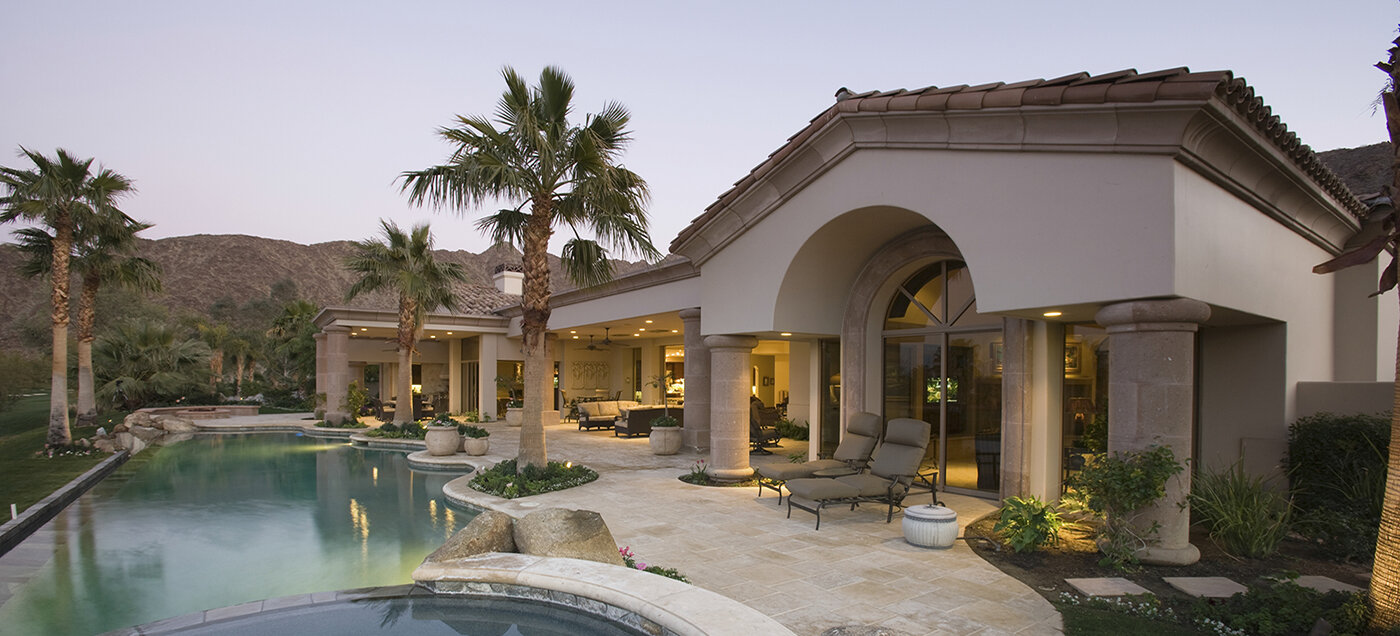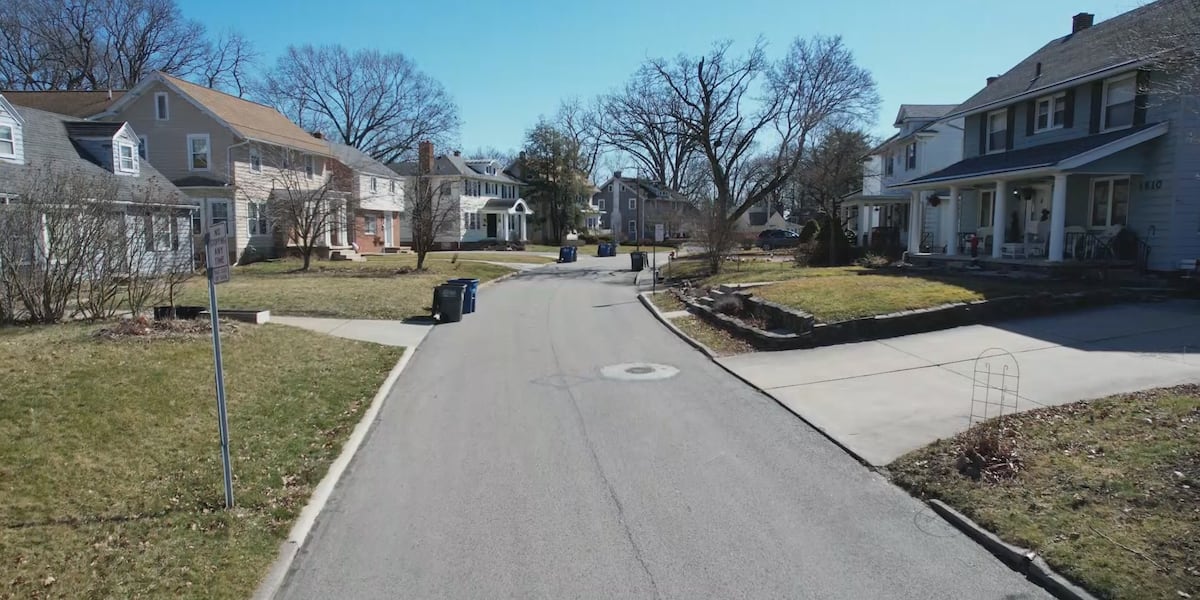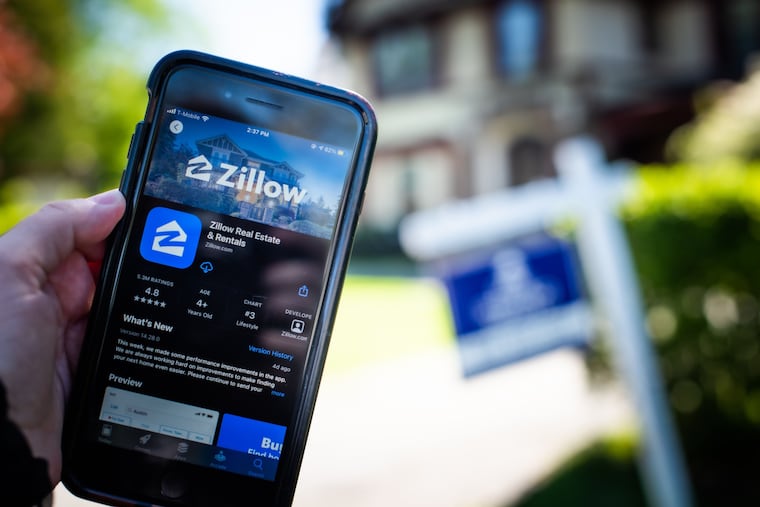A
ccording to recent data from Redfin, there has been a significant decrease in mortgage-rate locks for second vacation homes in August 2024 compared to the previous year. This drop is a substantial 13.1% on a seasonally adjusted basis, marking the lowest level since March 2016. In contrast, primary homes saw a decrease of 5.2% in mortgage-rate locks. Second homes have seen a drastic drop of 59.2% in rate locks compared to pre-pandemic levels, while primary homes have only seen a 31.9% decrease. This data was analyzed by Redfin using Optimal Blue data. A mortgage-rate lock is an agreement between a homebuyer and a lender that allows the homebuyer to secure an interest rate on a mortgage for a certain period of time; roughly 80% of rate locks result in purchases.
The slowdown in mortgage demand across all sectors is largely due to high home prices and elevated interest rates. However, second-home buyers are particularly affected due to several reasons. Second-home buyers are more likely to have the financial resources to pay in cash to avoid the sting of high mortgage rates. Although rates have decreased in recent months, they are still more than double the all-time low hit during the pandemic. Many second-home buyers prefer to take out mortgages even though they can afford to pay cash because they have more cash available to invest elsewhere, such as in the stock market. However, when rates are high, it's often more financially prudent to use their cash for a home purchase to avoid large interest payments.
Second homes are typically more expensive than primary homes and are not considered a necessity. As a result, when housing costs rise, many potential second-home buyers back off. The average home in a seasonal town, where many second homes are located, sold for $589,162 in August, a 4.1% increase from the previous year. This is compared to $437,787 for homes in non-seasonal towns, which saw a 4.7% increase. In addition, the government raised loan fees for second homes in 2022, making them more expensive to purchase.
The return of employees to their offices has reduced the time people can spend in vacation homes. Asking rents have stagnated below their record highs, making buying a second home to rent out less attractive. Owners of short-term rentals on platforms like Airbnb are generally earning less revenue, and many cities have imposed restrictions on short-term rentals. Economic jitters are also a factor, as the labor market weakens and Americans worry about a potential recession, making them hesitant to make large purchases.














